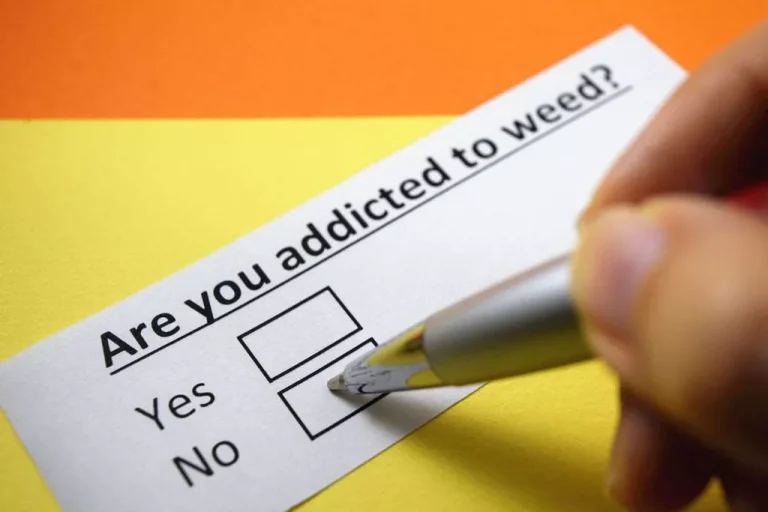
Applying a cold compress to your nose will help to soothe the mucous membranes in your nose and reduce inflammation. Rinsing your nose with salt water or a saline solution will help to soothe the mucous membranes in your nose and reduce inflammation. In this article, we’ll explore why sneezing and alcohol sometimes go hand-in-hand. We’ll also provide tips on avoiding sneezing when you drink.
Medical Professionals

For example, aged sneezing after drinking alcohol cheese, smoked meats, sauerkraut, wine, and beer tend to be high in histamines. Spirits such as vodka and gin can also cause sneezing due to the presence of histamines. In addition, some people find that the alcohol in these drinks irritates their nose, leading to sneezing.
What You Can Do To Prevent Sneezing When You Drink
Alcohol increases your risk of breast cancer because it causes an increase in estrogen levels, and damages DNA, which can lead to the development of cancer cells. When this blood-brain barrier isn’t protected as it should be, the brain is more susceptible to headache-inducing triggers. Many people are familiar with common side effects of alcohol, including lowered inhibitions, euphoria (i.e., feeling “tipsy”), decreased coordination, and hangovers. However, alcohol can also have effects with which many people may not be familiar.
- Dec. 24, 2012— — Kristin Brown loved to drink – perhaps partied a little too much when she was in her 20s, but when she hit her 30s, alcohol suddenly hit her the wrong way.
- This rhinitis develops with the overuse of over-the-counter decongestant nasal sprays or other medications.
- A severe allergic reaction can be life-threatening and is an emergency.
- Saline nasal sprays are easy to use, but nasal irrigation is more effective.
- Your body may also start to reject alcohol later in life because as you age and your body changes, the way you respond to alcohol can also change.
Alcohol Allergies Can Cause Sneezing, Flushing, Headache
- You’re more likely to have allergies if you have a family history of allergies.
- If you choose to drink alcohol, doing so responsibly can help you stay away from hangovers.
- Here are five surprising side effects of alcohol you should know about.
Unfortunately, nothing can prevent reactions to alcohol or ingredients in alcoholic beverages. To avoid a reaction, avoid alcohol or the particular substance that causes your reaction. Alcohol intolerance is caused by a genetic condition in which the body can’t break down alcohol efficiently. The only way to prevent these uncomfortable reactions is to avoid alcohol.
- If you have any of these symptoms or you are with someone who does, you should immediately seek emergency help by calling 911.
- The maximum effect won’t be achieved for several days or weeks.
- Allergy testing of the skin and blood should be able to determine your allergies, or at least rule some out.
- During a skin prick test, your doctor will use a lancet to prick or scratch your skin.
- But the only guaranteed way to prevent a hangover is to not drink alcohol.
These problems make it difficult for the body to break down alcohol properly. Most people who have a reaction to alcohol aren’t allergic to it. They don’t have one of the active enzymes needed to process alcohol — alcohol dehydrogenase (ADH) or aldehyde dehydrogenase (ALDH). Gas and bloating have a lot of other possible causes, though, so for a more certain diagnosis, talk to your doctor about your symptoms. In some cases, over-the-counter or prescribed medications might help alleviate symptoms. If you’re allergic to another ingredient contained in certain alcoholic products, switching to a different drink might be an option.

